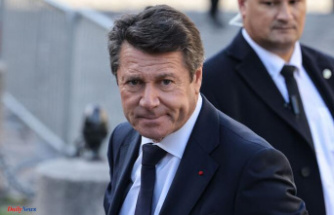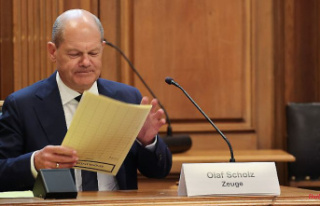Initiatives against racism can look forward to long-term funding from the federal government in the future. The Democracy Promotion Act is on its way. It was already a Groko topic, but the Union was against it. However, the Reichsbürger raid shows how urgent the reform is.
The federal government has introduced the so-called Democracy Promotion Act. The new regulation approved by the cabinet is intended to enable the federal government to provide long-term financial support for initiatives against violence and racism. According to the previous regulation, democracy promotion projects financed by the federal government are always limited in time - which is why they often mean uncertain framework conditions for those who implement them.
A legal basis that regulates these conditions does not yet exist. According to the ministry, the aim of the law is to give the federal government a "permanent legal mandate" to maintain this civil society commitment. In the future, the funding should be "longer-term, independent of age and more needs-based than before, in order to achieve more planning security for civil society". One of the new features is that in future adults will also benefit from the federal government's promotion of democracy. So far, for example, the federal program "Live Democracy!" only children, adolescents and young adults.
The law has been discussed for several years. It was originally planned by the grand coalition, but the Union opposed it at the time. She feared that left-wing extremist groups could be promoted. Due to the raid on the Reichsbürger scene, the topic has now become more topical.
Last Wednesday, the federal prosecutor's office had 25 suspected "Reich citizens" arrested. She accuses 22 of them of being a member of a terrorist organization that wanted to overthrow the political system. According to reports, the conspirators wanted to form 286 "homeland security companies" that would also carry out arrests and executions after a coup. In this context, the Federal Minister of the Interior, Nancy Faeser, called for stricter gun laws. Federal Minister of Justice Marco Buschmann rejected this, saying the gun laws were already strict enough.












